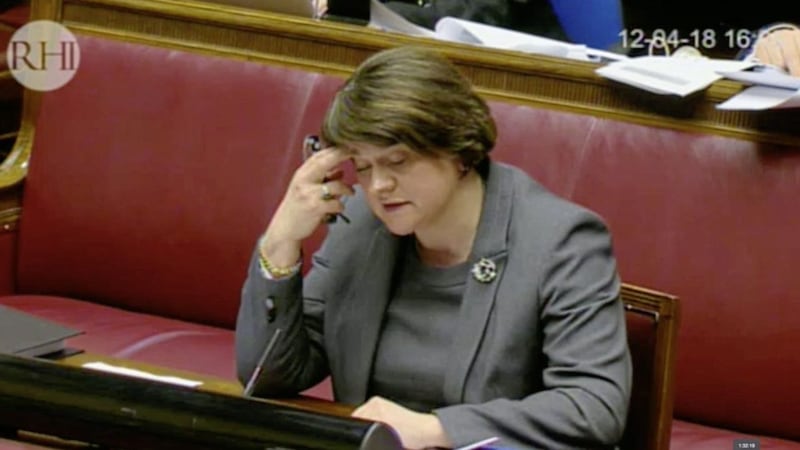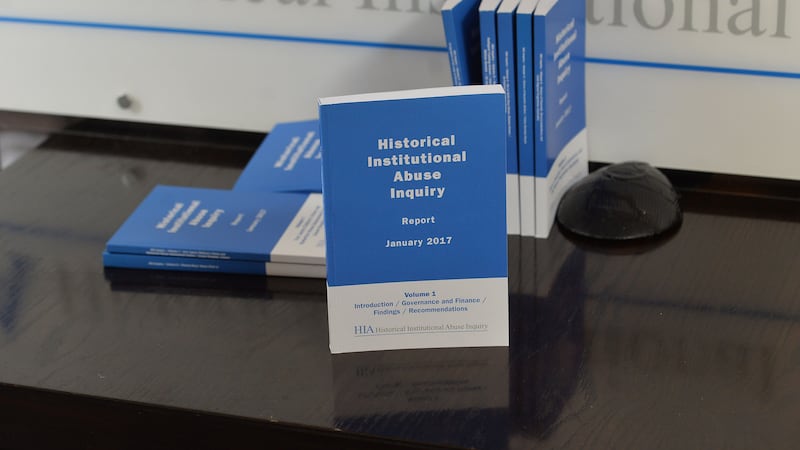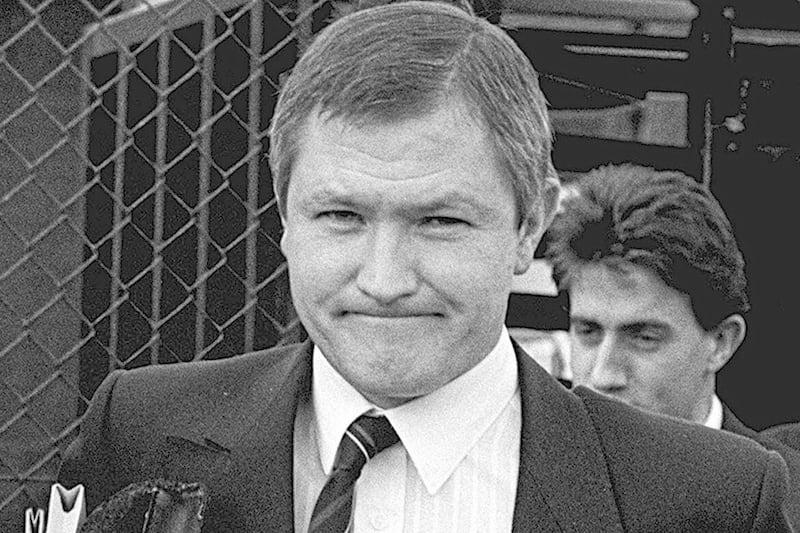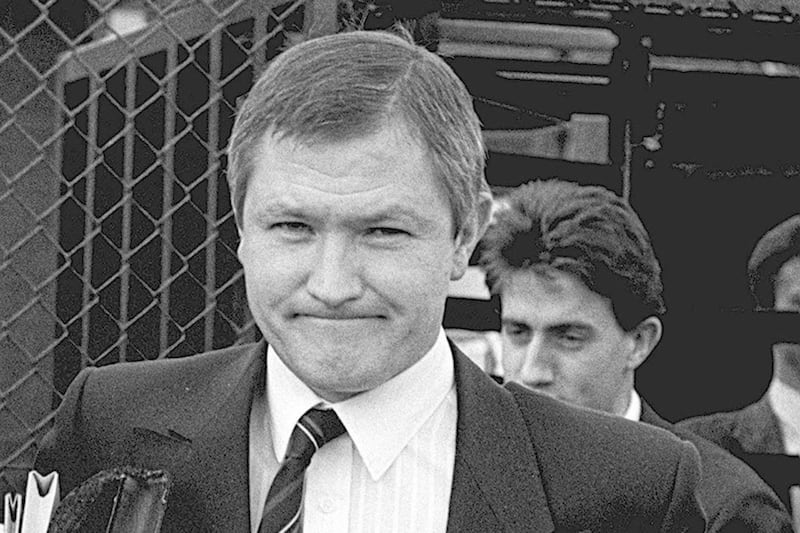THE Irish government yesterday expressed "profound regret" at the decision not to hold a public inquiry into Pat Finucane's murder, as the Council of Europe also criticised the UK's failure to investigate legacy issues.
The government's statement came as the 47-nation Council of Europe adopted an interim resolution expressing concern that the UK has not provided any details on its new approach to legacy investigations announced in March.
A statement from the Irish government said: "In a case such as this, in which it is acknowledged that there were - in the words of Prime Minister Cameron - 'shocking levels of collusion', there is an undeniable onus on the state to do everything possible to restore public confidence through a process that fully meets relevant international standards."
The Council of Europe, which oversees the European Court of Human Rights, also said in yesterday's resolution that it felt regret that other legacy investigations and inquests had not been completed.
It came as Policing Board members clashed after a DUP MLA referenced claims Pat Finucane was associated with the IRA.
Sinn Féin's Gerry Kelly accused Mervyn Storey of trying to "blacken the name" of the late solicitor, who was murdered in front of his family by loyalist paramilitaries in 1989, while SDLP member Dolores Kelly also raised objections.
The verbal exchanges unfolded during a board meeting that also heard PSNI chief constable reiterate the police's belief that there were no new lines of inquiry in the Finucane murder case.
In his remarks on the controversy, Mr Storey told Mr Byrne the PSNI could not allow itself to be "bullied" into bumping the Finucane case up the queue of outstanding legacy investigations.
The North Antrim MLA said: "Let's remember that your former chief constable of the RUC the late Sir John Hermon said that Pat Finucane was associated with the IRA and he used his position as a lawyer to act as a contact between suspects in custody and republicans on the outside.
"Let's remember also his brother broke out of the Maze and there is somebody on this board and in this room (Mr Kelly) who also was involved in that activity.
"And our thoughts are with the James Ferris (prison officer) family, who lost his life as a result of being stabbed and subsequently had a heart attack.
"But what I want to ensure is that there is no hierarchy of investigation.."
Mr Kelly branded Mr Storey's comments an "absolute disgrace".
Commenting on the case, Mr Byrne said: "Overall it reminds us of the difficulties of policing the past and the pain and anger and suspicion that often goes with the investigation of legacy related deaths.
"It's fair to say the previous investigations and reports satisfy us that there remain no viable lines of inquiry.
"We will begin the first step of a review process next week after careful consideration, but it's also worth stressing that we've made it plain that this is a very complex case, that the remedies themselves are complex and strewn with practical difficulties."
He added: "It's a matter of public record what we've said time and again about there should be alternative means of dealing with these issues because they are complex, they are so emotive for all sorts of reasons and it's an issue that we would prefer to face forward on, rather than having to continue to deal with issues from the past, important as they are."








